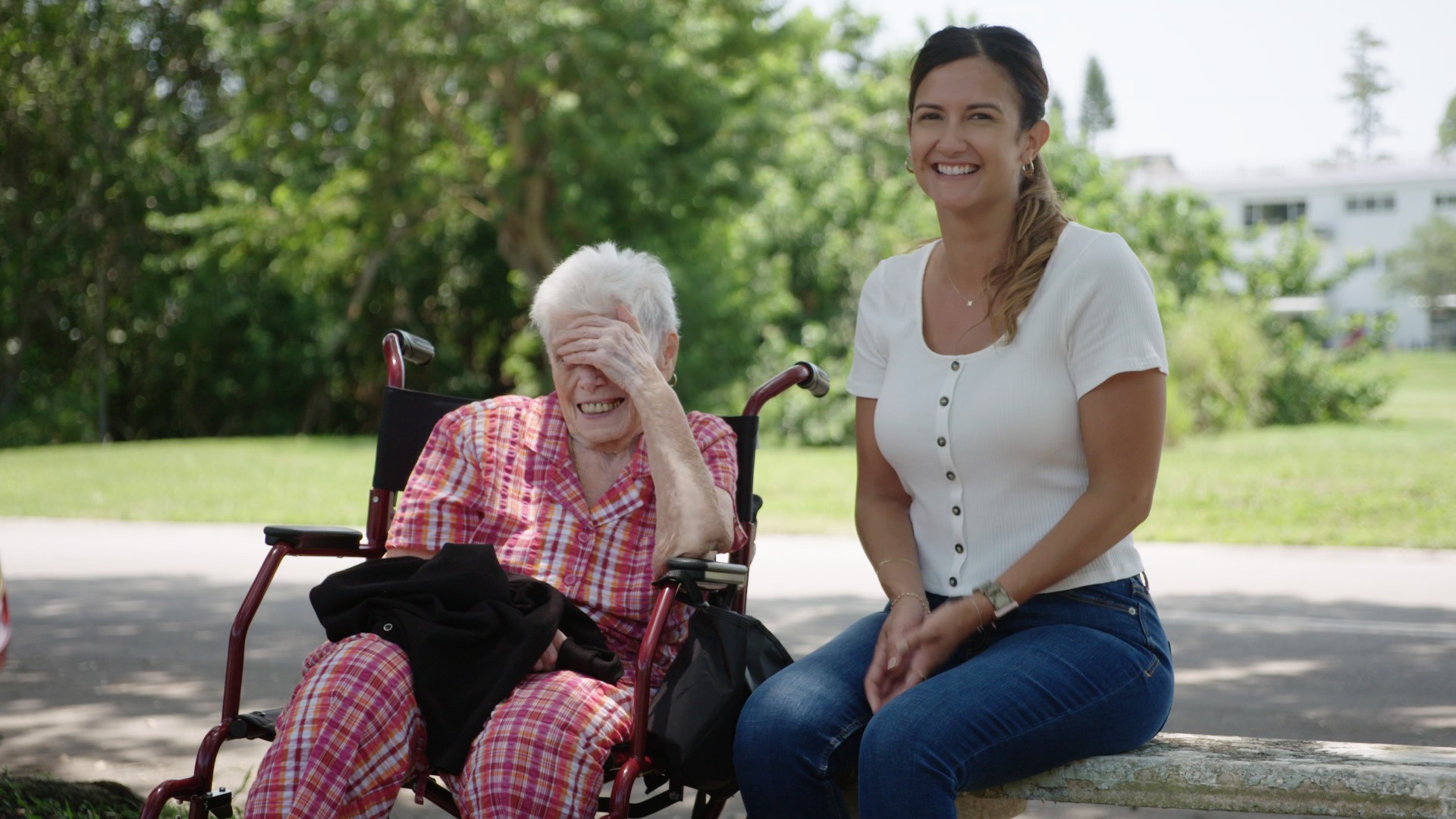Stock photo via Getty
The federal government has committed to taking better care of children and the very old since the 1970s. That’s when Congress began the process of making sure Social Security kept up with inflation, and when the earned income tax credit (EITC), which greatly benefits low-income families with kids, was first passed into law. But the social safety net that has been constructed since then is failing young adults who are contending with a transformed economy, according to a new report out of the University of California, Berkeley, called “The Rise of Young Adult Poverty in the U.S.”According to that report, about one in five people between the ages of 17 and 21 lived in poverty during the past decade, the highest proportion of any age group. This was true even without counting homeless youth or people who didn’t work a significant amount of hours (that latter group including otherwise well-off college students who subsist on Top Ramen for four years). James Hawkins, the associate director of the Berkeley Institute for the Future of Young Americans and author of the study, said that excluding those obvious outliers means that the figures he presents are actually an undercounting of young people's poverty levels, which have been increasing pretty steadily since the 1970s, even as poverty in other age groups has fallen.Hawkins said that the evolution of the U.S. labor market significantly disadvantages low-skill workers, and that disproportionately affects young people who have less job experience. As low-skill jobs have disappeared, it’s more difficult to find an entry-level gig as someone just joining the workforce. This dynamic, Hawkins says, calls into question longstanding notions that young people don’t need help in our society because they’ll always be able to earn a living.“We accept that a social safety net is necessary for the youngest and oldest in our society because, historically, poverty has been the highest among these groups—those not in the workforce and the most vulnerable,” wrote Hawkins in the report. “But the shape of poverty in this country has changed: What if the social safety net is missing a key age group?”There’s evidence that these young workers are in greater need of help than ever. According to a 2018 report from the Urban Institute, wages have been stagnant for many less-educated workers for three decades, and automation could displace these workers from their jobs. Businesses are also now more reliant upon contract or temporary labor than they were in the past, and people who aren’t full-time workers have fewer legal protections and are left in more precarious situations.

For the study’s purposes, the social safety net encompasses Social Security, the EITC, and the Supplemental Nutrition Assistance Program (SNAP), aka food stamps. According to three different measures, those programs have been effective at cutting poverty for children and seniors, which is in large part their intended purpose: For newborn babies and people over 75, they have reduced poverty by 10.3 and 45.5 percent, respectively. But these programs only reduced poverty rates among 21-year-olds by 4.8 percent.“Young, working-age adults largely have been de-prioritized from expansions in the social safety net,” the report concluded.The study shows that people tend to bounce back to financial solvency once they inch closer to 30. It doesn’t get into what effect their foray into poverty might have on later stages of life. But Pamela Loprest, a fellow at the Urban Institute who co-authored the 2018 report, hinted that these effects might last “forever.”“There’s concerns about not having stable work, and then there’s concerns about not having the ability to see yourself getting stable work in the future,” she said. “That causes people to delay forming families, buying houses, having children—all kinds of things are affected because you can't see the possibility of progress.”Follow Allie Conti on Twitter.
Advertisement
Advertisement

For the study’s purposes, the social safety net encompasses Social Security, the EITC, and the Supplemental Nutrition Assistance Program (SNAP), aka food stamps. According to three different measures, those programs have been effective at cutting poverty for children and seniors, which is in large part their intended purpose: For newborn babies and people over 75, they have reduced poverty by 10.3 and 45.5 percent, respectively. But these programs only reduced poverty rates among 21-year-olds by 4.8 percent.“Young, working-age adults largely have been de-prioritized from expansions in the social safety net,” the report concluded.The study shows that people tend to bounce back to financial solvency once they inch closer to 30. It doesn’t get into what effect their foray into poverty might have on later stages of life. But Pamela Loprest, a fellow at the Urban Institute who co-authored the 2018 report, hinted that these effects might last “forever.”“There’s concerns about not having stable work, and then there’s concerns about not having the ability to see yourself getting stable work in the future,” she said. “That causes people to delay forming families, buying houses, having children—all kinds of things are affected because you can't see the possibility of progress.”Follow Allie Conti on Twitter.
